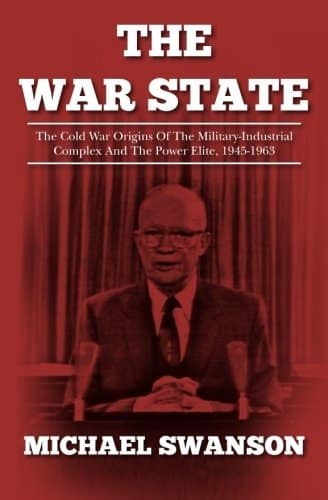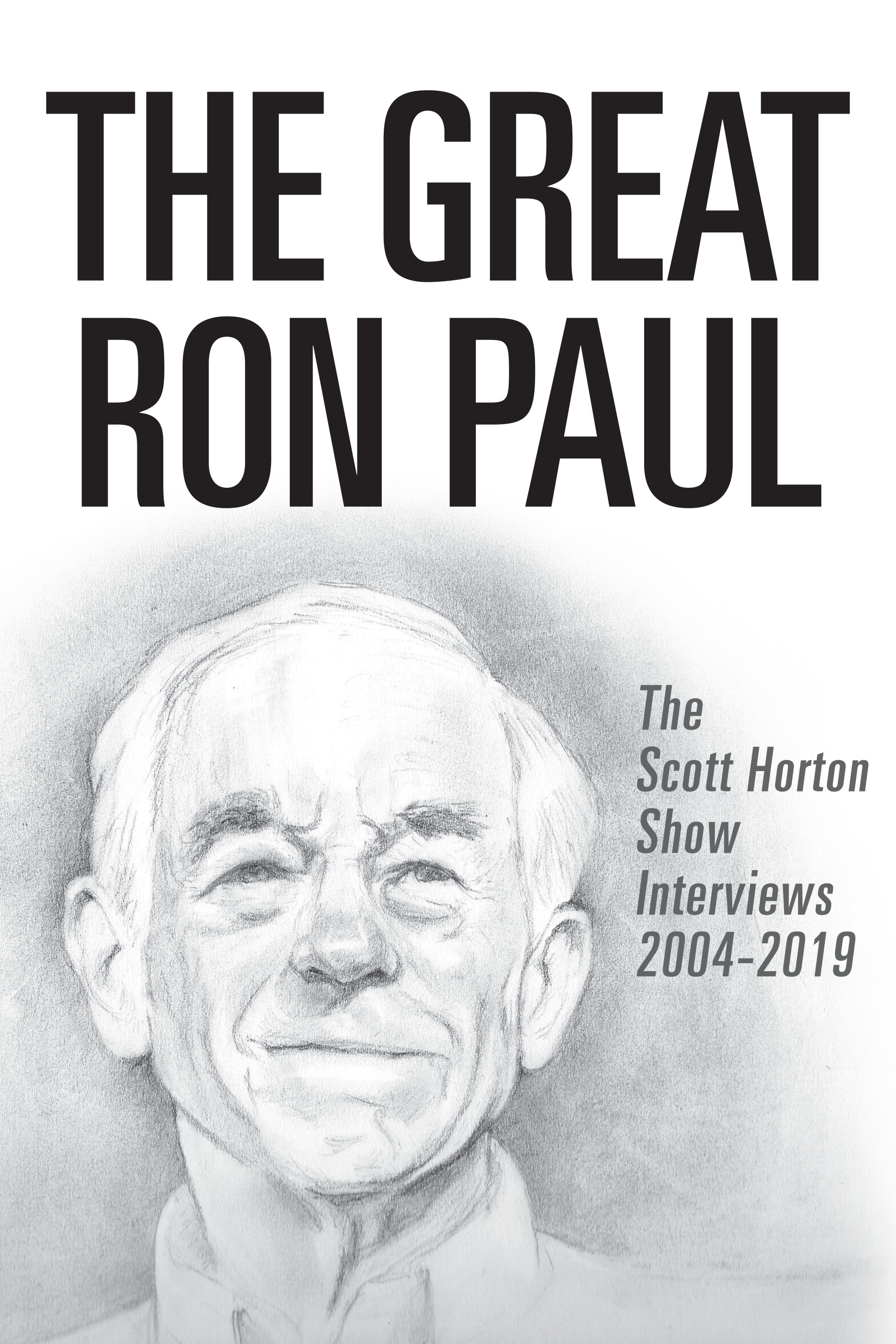Thomas E. Woods, author of Rollback: Repealing Big Government Before the Coming Fiscal Collapse, discusses the pivotal events (Quebec Act, the “shot heard ’round the world“) preceding the Revolutionary War; the persistent myths surrounding the Civil War, southern secession and slavery; how the Union victory transformed the country into a “nation” with a strong central government and budding imperialist ambitions; and the antiwar case for a gold standard monetary system.
04/19/11 – Jeese Trentadue – The Scott Horton Show
Jesse Trentadue, attorney and brother of Kenneth Trentadue (who was probably tortured and killed by FBI agents mistaking him for Richard Lee Guthrie a.k.a. John Doe No. 2 in the wake of the 1995 Oklahoma City bombing), discusses the elaborate coverup of Kenneth’s murder while in federal custody; Guthrie’s 1996 “suicide” in a Kentucky jail just before he could fulfill a tell-all plea deal; the many documents dug up by Jesse’s tireless FOIA lawsuits; and the approaching court battle on OKC...
04/19/11 – Kirkpatrick Sale – The Scott Horton Show
Kirkpatrick Sale, director of the Middlebury Institute, discusses his article “The Sesquicentennial Is Upon Us;” why “War of Southern Secession” and “War Between the States” are more apt descriptions and should be used in place of “Civil War;” the tariff revenue at stake in the fight over Fort Sumter, which newly-independent South Carolina claimed as its own; how Northern industrialists and the Republican Party planned to preserve the union in order to transform the country into a major...
04/19/11 – Anthony Gregory – The Scott Horton Show
Anthony Gregory, Editor in Chief of Campaign for Liberty, discusses his article “From Waco to Libya: 18 Years of Humanitarian Mass Murder;” the ATF’s “Operation Showtime” raid on the Branch Davidians, designed as a public relations stunt; going from bad to worse at Waco, with the FBI in charge and special forces soldiers set loose on civilians; and the crux of government humanitarianism: killing people in order to save them.
April 18 – Today on Antiwar Radio
Listen Live from 9:00 AM PT – 12:00 AM PT
http://lrn.fm/
Guests: Mel Frykberg, Noam Sheizaf, Nick Mottern
04/18/11 – Nick Mottern – The Scott Horton Show
Nick Mottern, director of Consumers for Peace, discusses his article “Lobbying Report: Drones Fly Through Congress to Enter US Skies;” the technical differences of flying drones in the clear skies of Afghanistan versus the heavily trafficked air corridors in the US; the surefire trickle-down of military technology to civilian law enforcement agencies; the impersonal experience of a remote pilot – whether he is shooting missiles at Pakistanis or playing guard dog along the Canada and Mexico...
04/18/11 – Noam Sheizaf – The Scott Horton Show
Noam Sheizaf, journalist and keeper of the Promised Land blog, discusses his article, “Settlers’ murder investigation turns into collective punishment;” the apartheid system on display as the entire Palestinian village of Awarta is subjected to the whims of an Israeli army murder investigation; the mass arrests, beatings, property destruction and theft that ultimately caught two murder suspects and laid bare the myth of Palestinian independence and self-rule; and how the army protected the...
04/18/11 – Mel Frykberg – The Scott Horton Show
Mel Frykberg, journalist with Inter Press Service, discusses her article, “War Clouds Back Over Gaza;” the escalation of violence with rockets fired into Israel, the assassination of Hamas commanders and the fruitless back-and-forth on “who started it;” Gaza farmers and fishermen shot at while working in “buffer zones;” how Israel’s constant changes to Gaza’s banned goods list confounds NGOs bringing aid; and how a united Palestinian front could force the United Nations or European Union to...
April 15 – Today on Antiwar Radio
Listen Live from 9:00 AM PT – 12:00 AM PT
http://lrn.fm/ or http://kaosradioaustin.org/
James Bovard, Michae T. Heany, Alan J. Kuperman
04/15/11 – James Bovard – The Scott Horton Show
James Bovard, author of Attention Deficit Democracy, discusses his article, “Uncle Sam’s big plans for your hard-earned tax dollars;” the two-party “consensus of rascals” on US foreign policy; the “best and brightest” government policymakers who are blinded by arrogance, tunnel vision and echo chambers; and the confusion about whether disastrous foreign policy decisions are made by design, incompetence, or some combination thereof.
04/15/11 – Alan J. Kuperman – The Scott Horton Show
Alan J. Kuperman, Associate Professor of Public Affairs at the University of Texas, Austin, discusses his op-ed “False pretense for war in Libya?” in the Boston Globe; how low civilian casualty figures in other recaptured rebel-held cities make the supposedly imminent danger of a Benghazi massacre seem far-fetched; Obama’s misleading quotation of Gadhafi’s “no mercy” comment that was directed at rebel fighters who wouldn’t surrender, not civilians; and why the NATO bombing of retreating...
04/15/11 – Michael T. Heaney – The Scott Horton Show
Michael T. Heaney, Assistant Professor of Political Science at the University of Michigan, discusses his study (with Fabio Rojas) “The Partisan Dynamics of Contention: Demobilization of the Antiwar Movement in the United States, 2007-2009;” how Democrats abandoned the antiwar movement to fawn over the “nonthreatening” Obama; and the on-the-ground research behind the study, consisting of 5,398 surveys of demonstrators at antiwar protests held in major American cities over the course of three...
04/15/11 – Gareth Porter – The Scott Horton Show
This recording is from the KPFK 90.7 FM Los Angeles broadcast of April 15th. In a partial reprisal of his recent Antiwar Radio interview, Gareth Porter discusses Pakistan’s condemnation of out-of-control US drone strikes and espionage in the wake of the Raymond Davis affair; the surprisingly expansive US spy network in Pakistan; targeted drone assassinations that serve little purpose in the “war on terror;” and how a military coup against Iraqi Prime Minister Nouri al-Maliki might help the...
April 14 – Today on Antiwar Radio
Listen Live from 9:00 AM PT – 12:00 AM PT
http://lrn.fm/ or http://kaosradioaustin.org/
Guests: Ahmed Al Omran, Gareth Porter, Matt Southworth
04/14/11 – Gareth Porter – The Scott Horton Show
Gareth Porter, independent historian and journalist for IPS News, discusses his article “Pakistan Moves to Curb More Aggressive US Drone Strikes, Spying;” the expansion of US drone strikes – initially limited to Al Qaeda and Pakistani Taliban – to groups allied with the Pakistani military; why a post-occupation Afghanistan would be far more open to political reconciliation than it is at present; how US economic conditions will force military budget cuts and curtail the “empire of bases;” the...















